Over the years, I have become jaded about the term “best practices.” For example: perhaps you want to know the best practices about how to use Goodreads to sell more books. That’s logical, right?
The problem I have with “best practices” is that by the time they are known practices, everyone is using them. Every day, every hour, every minute. The effectiveness experienced when the “best practice” was first discovered has likely worn off.
For the Goodreads example… a year or two (or three) back, authors were finding it an untapped goldmine of ways to connect with readers and encourage participation. Goodreads still absolutely rocks, make no mistake. But now lots and lots of authors are trying to jump into Goodreads with expectations to instantly get more readers/reviews.
The result, in aggregate, is a lot of people receiving a lot of friend requests from authors, and then instantly getting a message promoting their books. You see similar things on Twitter and other social networks.
I want to be clear: Goodreads is an AMAZING resource and community. What bugs me is the idea that there are “best practices” akin to becoming a drive-by tourist in this community. That some expect to jump in, eek out a boatload of value immediately, and then move on to the next untapped source of sales and promotion.
This is engagement without heart. Authors wandering around from social network to social network as zombies.
Every day, we are tempted by headlines such as “3 Powerful Secrets To Becoming an Amazon Bestseller” and things like that. I mean, how can you NOT click on that link? I’m clicking those words, even though I just wrote them and they don’t link anywhere!
How do we engage deeply with readers and colleagues and friends in ways that develop a lifetime of meaningful experience? The other day, Ira Silverberg shared a really lovely update on his Facebook page:
Recently I have found the best way to connect with friends is to call and say , “I’m downstairs.”
There is a visceral immediacy to this tactic, to simply show up to someone’s home if you are in the neighborhood. It is unexpected, and demands attention. But there is a huge differentiator here – the surprise is filled with trust and promises a moment that will be remembered.
It is the opposite of the “social media zombie syndrome,” whereby people try to automate their social activities, focused on increasing return on investment. YES, you can leverage all these wonderful new online tools, they are not supposed to replace real human connection.
Last night, I held my second local meetup with my friend Scott McDowell. The theme was to have an honest discussion about being a creative professional, and earning MONEY. I capitalize that word because it holds such sway in peoples lives.
At our first event, it was clear that so many people in this area are very talented, driven to create, but are trying to figure out how they can give up the day job they don’t love, to support themselves via their creative endeavor.
This is the type of discussion that feels safer in person, perhaps away from the prying eyes of Google. Too often in life, we hide discussions of money because it so closely ties to our identity and self-worth. Last night, we dug into the topic in a number of ways:
- Business models
- Money and emotion
- Increasing revenue from creative work
- Product & service pricing models
In truth: it’s hard to work this stuff out. YES, there are models one can leverage, good advice that can save years of anguish. But the “secrets” people share are often common sense advice in a pretty package.
What I loved about people showing up for this discussion is that it was another action in opposition of being a social media zombie. Instead of just reading more and more articles on these topics found through Twitter, people showed up and engaged in a conversation with a sense of honesty and vulnerability.
Why am I writing about all of this? Because I want find more people willing to engage in meaningful conversations rather than short pithy “Tweetables” whose value is measured in number of followers, not the depth of an interpersonal experience.
Here are some photos from last night’s event:
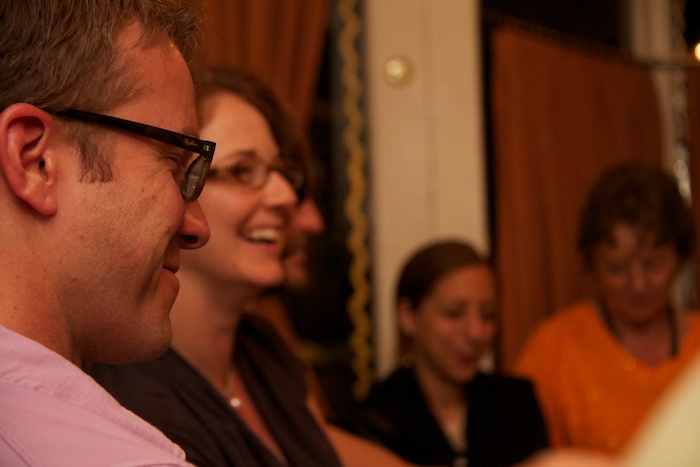
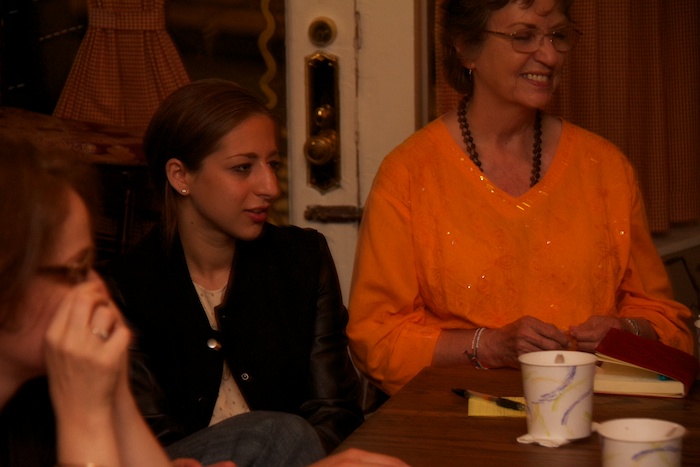
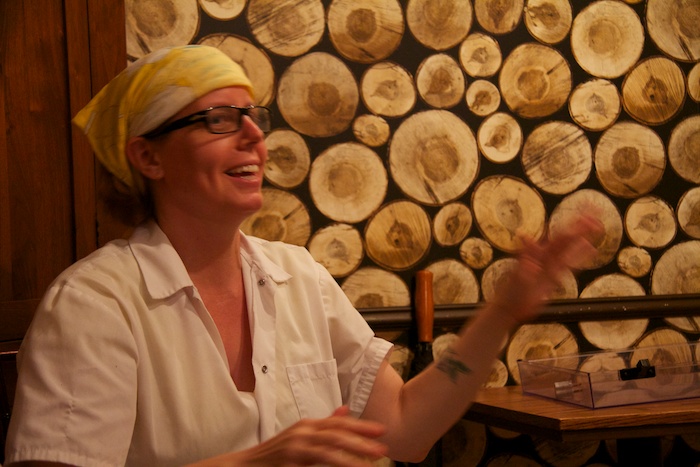
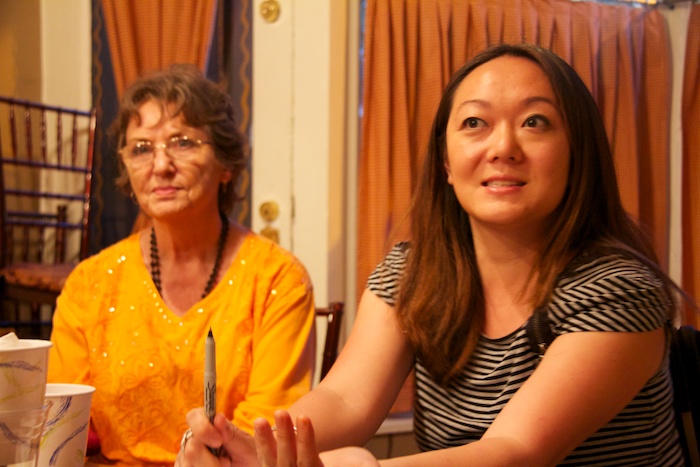
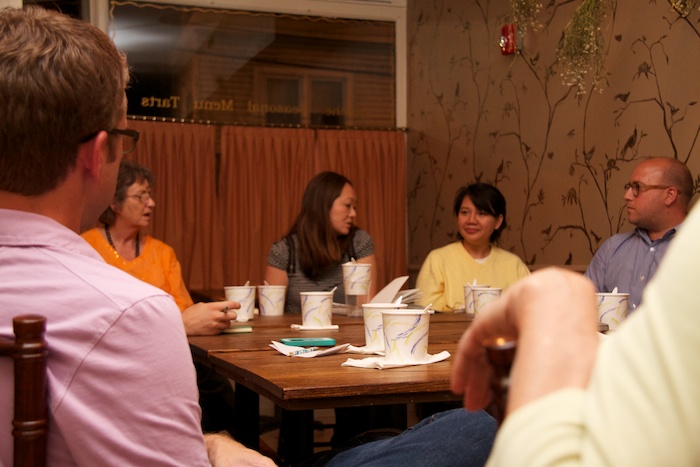
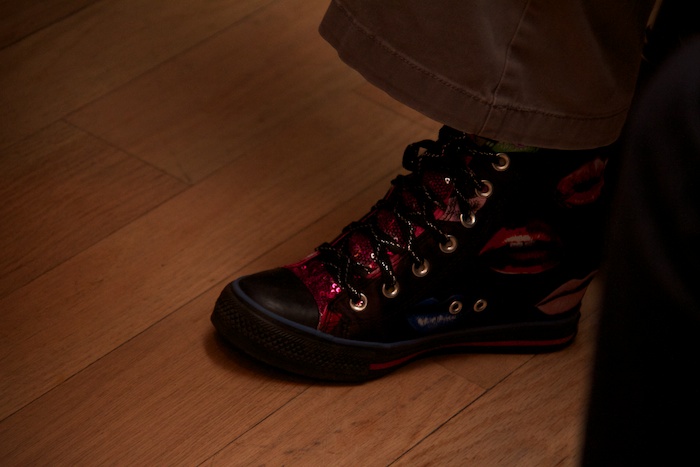
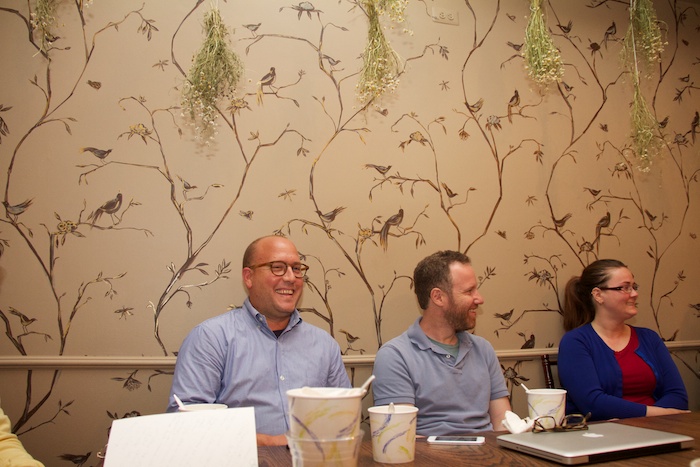
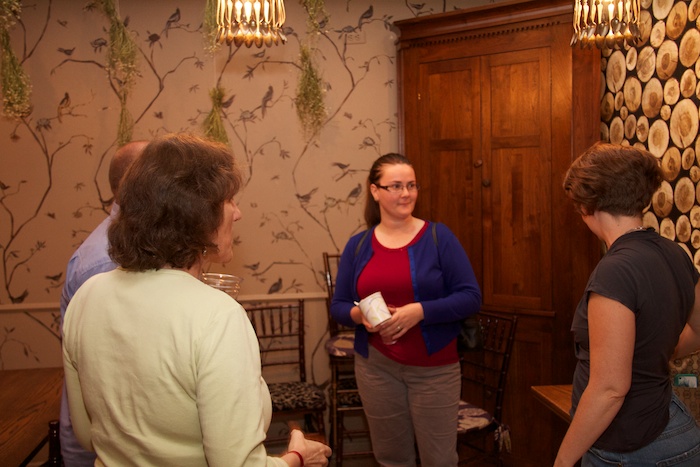
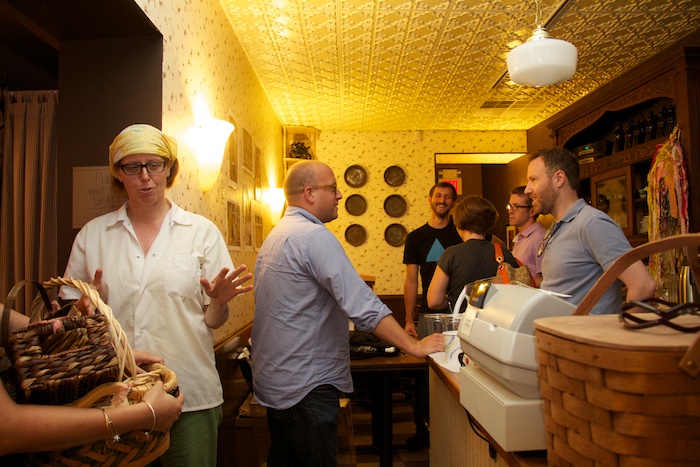
Thanks again to Andrea at The Artist Baker for hosting us, and to everyone who participated in the lively conversation!
Thanks.
-Dan
